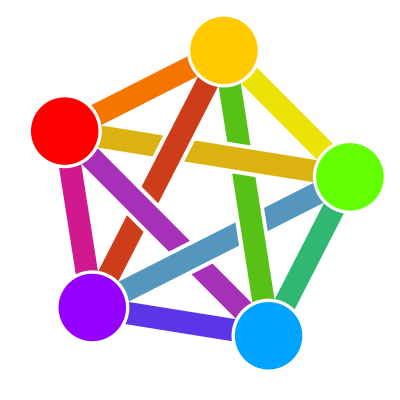

The consideration you should pay to other software should depend on your power and influence in the network.
If PixelFed was dominant in the fediverse, and other apps did feel the need for a dummy pic workaround, that would clearly be a problem. No client feels the need to do that because PixelFed is not dominant, but if it was, it would be fine to criticise them for not “playing nice” and helping the rest of the ecosystem.
I think there’s much more scope to criticise Mastodon for the workarounds other software have to use to be interoperable, than PixelFed, purely because of its power in the network.
We need different apps to experiment and work out what users want. It’s totally fine to experiment with different models and ways to view content. Only when you have a lot of influence over the ecosystem should you have extra responsibility.







If the episode did have its own page, I’d link to that. Otherwise, I’d just link directly to the audio file, along with another link to the RSS feed. It’s not great, but I’d also feel icky about linking to a third party service.